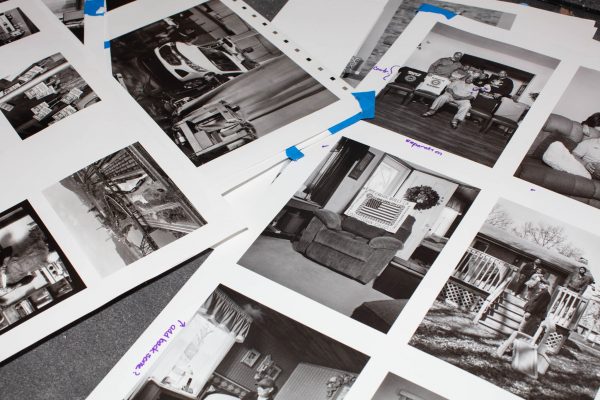
Do artists have a duty to directly confront the injustices and inequalities around them?
Anyone who’s read this magazine over the past four years knows that one of the things we’re most interested in here at T is what an artist’s relationship is to the world around her. Is there a line between who she is as a citizen, and who she is as a creator? Is it her responsibility to explicitly address the injustices and inequalities she sees? And if so, what does “explicit” mean here? Does an artist — should an artist — possess a greater sense of moral urgency? Should she consider her work advocacy?
All of us who are artists, or whose professional lives involve the observation and chronicling of them, have asked these questions of ourselves: not just in these past few years, though, perhaps, with increasing frequency during them. In my own creative life, I prefer to come at things sideways, and yet it’s because of that approach that I find myself admiring people like LaToya Ruby Frazier. Frazier, 39, is a photographer, but really, her practice is as much about her medium as it is continuing in the tradition of her philosophical forebears — visual artists such as Rick Lowe, Joseph Beuys, Dorothea Lange, Faith Ringgold and Sue Coe; writers such as Larry Kramer, Upton Sinclair and Arundhati Roy — people who smudged the line between activism and art. Their work awakened their viewers and readers to abuses of human rights, to the stigmatization of people with AIDS, to the desperation of the poor. Their art was what they produced, but their legacy was the change they helped effect.
Like them, Frazier has spent the majority of her adult life creating an increasingly ambitious body of work that chronicles the people who have been disappointed or betrayed by America: the residents of Flint, Mich., made to consume and bathe in contaminated water because of a 2014 cost-cutting measure; the autoworkers of General Motors, facing a shutdown of their Lordstown, Ohio, plant. In doing so, writes Zoë Lescaze in her profile of Frazier, she has created an “archive of humanity, one that particularly documents the courage and diversity of blue-collar workers and the consequences of the policies that condemn them to struggle.” Her work, Lescaze says, is an act of patriotism: “I am showing these dark things about America because I love my country and countrymen,” Frazier says. “When you love somebody, you tell them the truth. Even if it hurts.”
And maybe that, finally, is what an artist’s role is, no matter her medium or her message: to tell the truth. Not everyone will want to hear it — perhaps not in your lifetime; perhaps not ever. But you say it because you must. You can’t make people listen. But you can make it harder for them to turn away.